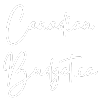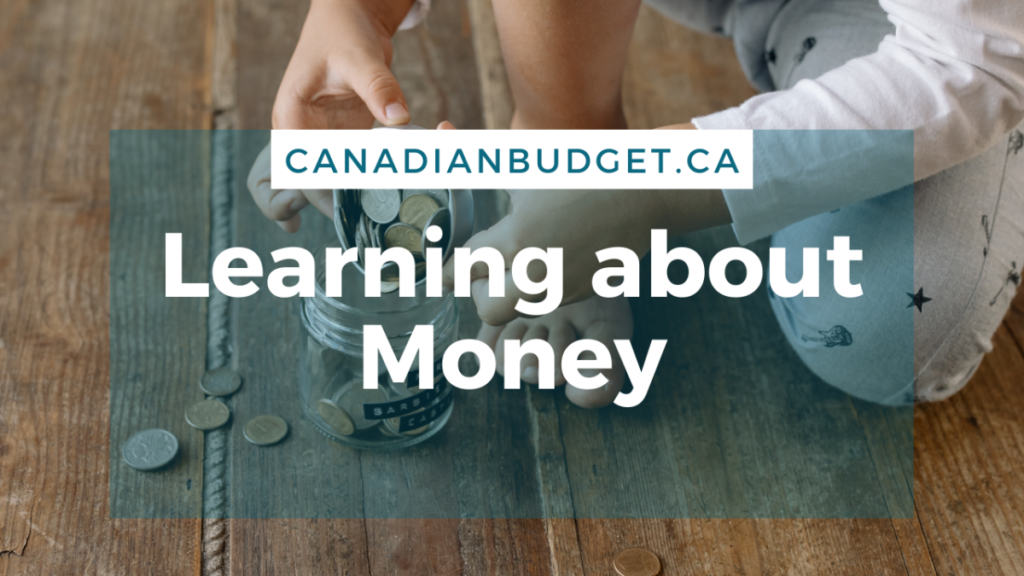
Learning about money
Table of Contents
ToggleWhat is the earliest memory you have when it comes to learning about money? A lot of us don’t get a lot of exposure to education around money and personal finance until we are already adults and our money habits and associations have already been formed.
Most Canadians learned their money habits by observing their parents, not through any formal learning. Money was one of those taboo subjects that parents didn’t want to have to talk to their kids about, so the only way to learn was through observation, and making their own mistakes along the way.
These days, many parents are more aware of the fact that teaching their kids money skills from an early age is vital so they can set their children up for financial success. Making an effort to start exposing children to age-appropriate resources about money can help them build the skills they need from a younger age.
Childhood money lessons
Indulge me as I share a few core money memories from my youth:
- I have a picture of me and my brother running a lemonade stand on my front lawn around 1st grade. Which I very vaguely remember
- I remember going to the variety store with a few quarters in my pocket and contemplating which combination of penny candies I could buy with the money I had.
- I remember getting my first bank account at Bank of Montreal when I was 12 or 13.
- My dad bought some mutual funds for my brother and I and showed us the paper slips from the investments.
- I also learned how to write a cheque at some point in high school.
But that was the extent of financial literacy training when I was younger. Those are my earliest memories when it comes to finances. Suffice it to say, it wasn’t a lot.
Most people don’t learn too much about money when they are young. But there are lots of opportunities for parents to teach kids money concepts which are appropriate for various ages. Even from as young as pre-school age.
Canadian Resources for Parents
If you are a parent who wants to help their children get off to a good head start in their financial life by teaching them money concepts and financial literacy skills, here are some resources to look into:
One great resource is a book by Canadian Robin Taub on raising money smart kids called “The Wisest Investment: Teaching Your Kids to be Responsible, Independent, and Money Smart For Life.”
Another great book for parents to check out by a Canadian Author is Your Kids, Their Money: A Parent’s Guide to Raising Financially Literate Children, by Clifton Corbin. Clifton also has some great FREE money worksheets for kids in grades 1 – 3.
The Bank of Canada Museum also offers free downloadable worksheets for various age groups that can help parents teach kids about money.
Student life
The next phase in most young people’s money learning journey is when they attend university or college.
This is also around the time most people will get their first credit cards, and likely without any thought or education on how to use credit responsibly.
My journey went a little like this:
- moved away from home to another city for university and took on student loans
- worked two jobs all through university to help cover my expenses on top of my student loans
- Spent a year in an other country on exchange (pre-Internet) and had to rely on a friend to manage my student loans
Ok…so maybe I went to Cuba on reading week with my student loan money once… but other than that I was pretty diligent.
In my 3rd year of university when I studied abroad, I really had to rely on a friend to help me with the loan processing from back home, while I tried to get whatever part time work I could in a country where I barely spoke the language. It was really an eye opener and masterclass in learning how to manage what little money I had better to make it last.
After graduation, I really didn’t like the feeling of being in debt! I worked hard to pay off my loans as soon as I could. And sacrificed investing opportunity and time for speeding off my debt repayment. I would not do the same thing again if I had the chance, knowing the things I know know about how compound interest and time in the market are you best friends when it comes to building wealth. I just didn’t like the feeling of being in debt and I didn’t know better at the time.
Lessons I learned along the way
Without the formal learning of how to manage money, I did what most people do, which is by learning from my mistakes. Now that I have a child, I am determined that she can learn about money early, and hopefully not repeat those same mistakes
Looking back now on my own money journey, of course I wish I had started investing earlier instead of being laser focused on paying of my student loans as early as possible.
I also would have advocated more for myself in terms of sharing expenses better in my post graduation relationship, as I supported my *then* partner by paying most of the housing costs while he went to school. Even though I was paying off my loans at the same time, and he was paying for school in cash and had substantial savings. C’est la vie.
I’ve learned a lot since then, and I hope that my daughter will be so financially savvy, her mistakes and learnings will be much smaller and easier to rebound from because she’ll already be starting from from a much more knowledgeable starting point!
What life experiences shaped your view on your finances? Share your earliest memory of learning about money below!
Find more posts like this in the Finance & Investing section of our blog.
More from the blog...
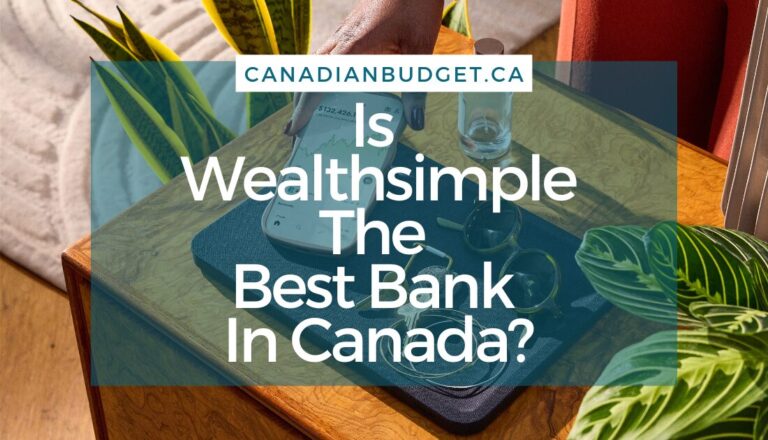
Why Wealthsimple Could Be the…
Wealthsimple Banking Review 2025: Best No-Fee Bank in Canada
Read More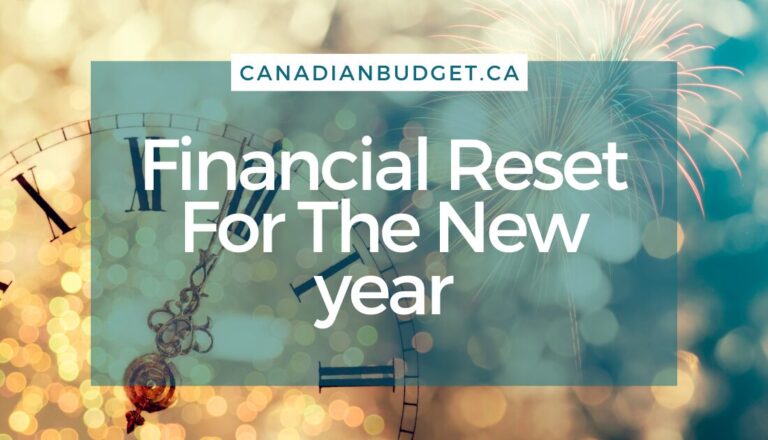
Financial Reset For The New…
How to Do a Financial Reset for the New YearAs the new year begins, it's the perfect time to take...
Read More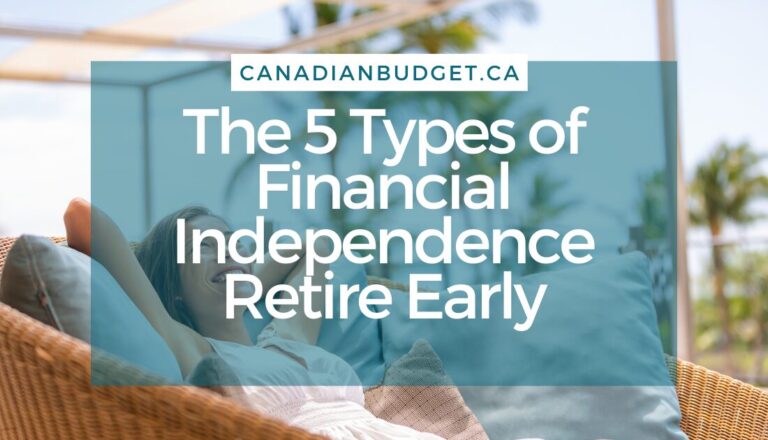
The 5 Types of Financial…
Starting your journey towards Financial Independence Retire Early (FI/RE) in Canada opens up possibilities for those eager to take control...
Read More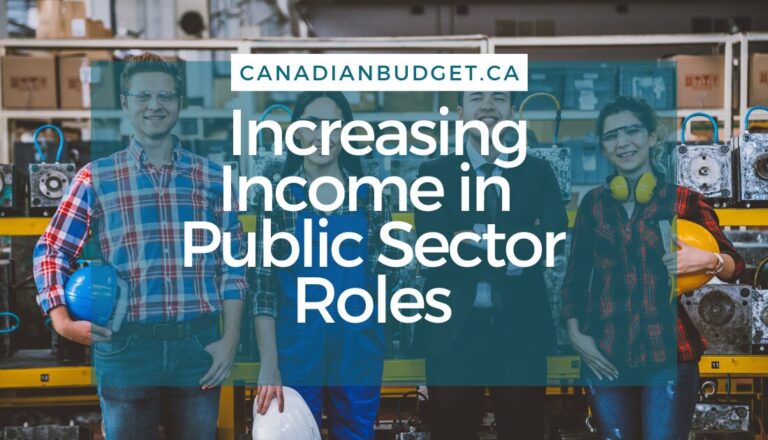
In a Public Sector role?…
Public sector roles, including those in schools and hospitals, make up approximately 21% of employment in Canada. That includes teachers...
Read More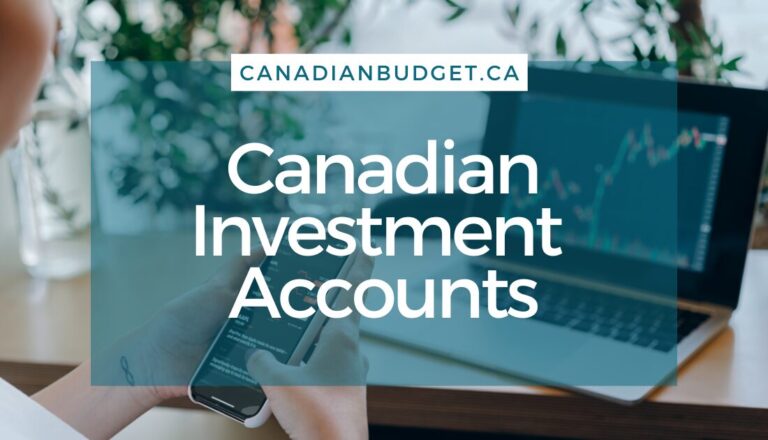
8 Canadian Investment Accounts To…
If you are new to investing, you might be wondering what the Canadian investment accounts are available, and which is...
Read More
What Are Canadian Real Estate…
Canadian Real Estate Investment Trusts: What They Are and Should You Invest? Canadians have heard owning property was the path...
Read More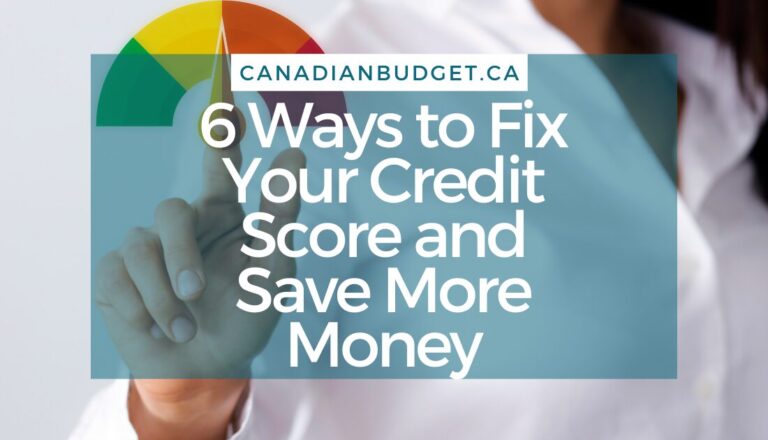
6 Ways Fixing Credit Scores…
Struggling with debt can significantly impact your financial well-being, especially if your credit score suffers. Fixing credit scores is important...
Read More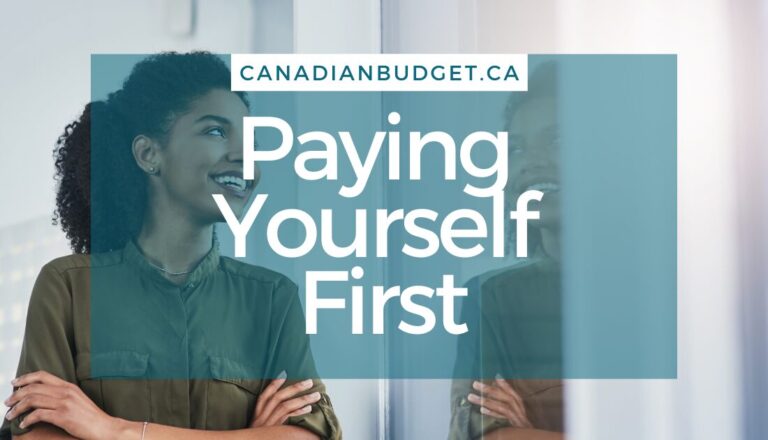
The Paying Yourself First Method
Taking control of your financial future starts with a simple yet powerful concept: paying yourself first. Shifting your money mindset...
Read More
How to Calculate Retirement Savings…
When is a good time to calculate retirement savings needs? When retirement may be decades away it’s hard to think...
Read More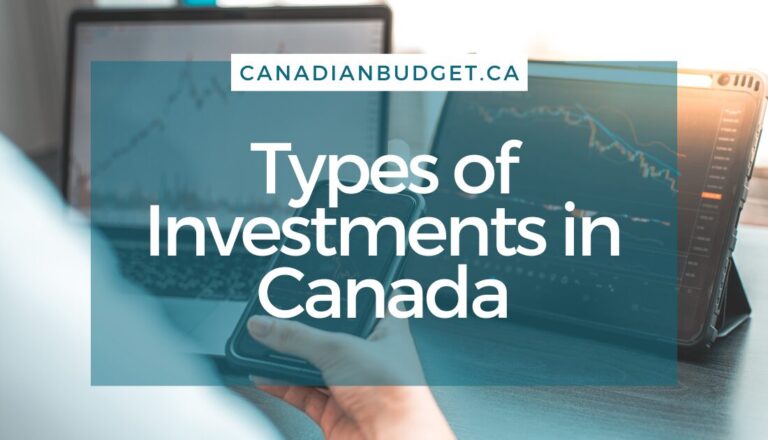
Different types of investments
There is a lot to understand about the different types of investments available in Canada. From the traditional options of...
Read MoreAbout The Author
Jessica Morgan
Jessica Morgan is the founder and CEO of Canadianbudget.ca. She is passionate about personal finance and helping Canadians improve their financial literacy by providing more Canadian focused financial content. A millennial mom of one, she has a burning obsession with all things personal finance.
Jessica has a BA in East Asian Studies from York University and a Masters in Business Administration from Toronto Metropolitan University. She is a career public sector employee with a Hybrid Pension, and an advocate for Canadian women to improve their personal finance knowledge.
